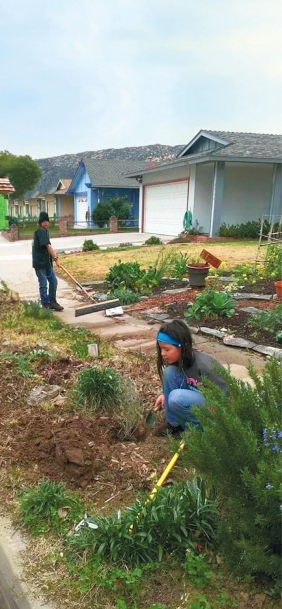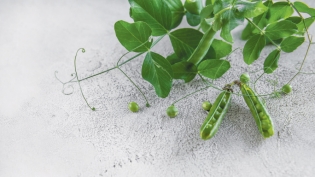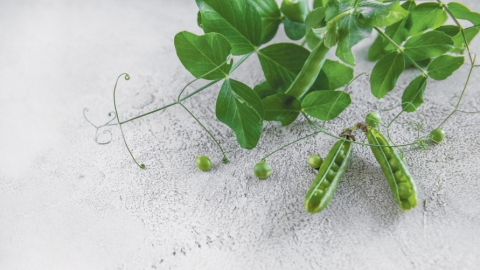Superstar Tips to Grow Your Own Garden of Eatin'
Great gardens are loved into being. The simple enjoyment of homegrown tomatoes or fresh garden herbs can have a dramatic impact on our connection to nature, community and life cycles. When gardening becomes part of our daily rhythm, we find new wisdom and success unfolds in front of our eyes, year after year.
Start with Design: All remarkable gardens start with a well-thought-out design and theme. Take your time to develop a layout that works for you.
Check Your Soil: A gardener’s prosperity relies on soil building and water conservation. Feeding your soil will feed your soul. Research how to build soil naturally with compost or organic soil amendments.
Cultivate Diversity: Beginning gardeners quickly learn how companion planting with herbs, flowers, tomatoes, and other crops enhances the growing experience. Let marigolds, borage, calendula, basil, carrots, lettuce, kale, shallots and even perennial asparagus co-mingle with your annual “love apples,” aka tomatoes. Build edible communities with combinations that suit your dietary preferences and lifestyle.
Keep Up with Maintenance: Get ready to identify and attack weeds to grow good produce. This gets easier as soil organic matter increases. Appreciate daily tidying. “Chop and drop” plant trimmings to recycle nutrients and create natural mulch.
Look Ahead: Start saving seeds to reap more benefits. Focus on easily accessible seeds from self-pollinating plants like sunflowers, lettuce, tomatoes and beans. Be sure to save the seeds of the plants that gave you the choicest fruits. Enjoy the journey amateur plant breeding will take you on.
Keep Learning and Growing: Access free garden planning and seed saving information available online from nonprofits like: Seed Savers Exchange, Organic Seed Alliance and Community Seed Network. Check out edible landscaping books, connect with local garden clubs and visit community gardens for hands-on fun. Give yourself permission to experiment with new plants and play while you work.
And remember: Our temperate climate provides a viable growing season year-round—jump in or take a break any time you feel inspired.











